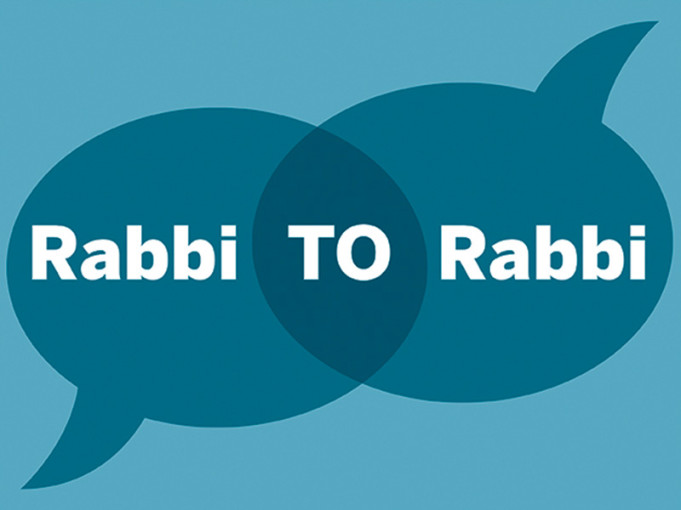Rabbi Duhan-Kaplan: Recently, I was studying a story from Pirke de-Rabbi Eliezer, a ninth-century midrash anthology, with my students. As the story opens, God has just created the first humans. The angels are immediately jealous, but God does not offer reassurance. Instead, God challenges the angels: “Do you really want to do Adam’s work? Can you name the animals?”
No, we cannot do Adam’s work, the angels admit. And yet, they do not say to God, “We get it now! Creatures are diverse. We have different talents. There’s room for all of us.” Instead, they say: “We can’t best humans. Let’s undermine them!”
So the lead angel, Sammael, enters the mind of a snake. The snake approaches Eve: “Did Adam tell you not to touch the tree of knowing good and evil?” it asks. “Don’t pay attention to him. He’s just withholding gifts from you.” Eve touches the tree and eats its fruit. Suddenly, she sees the Angel of Death approaching. “Am I dying?” she thinks. “Does that mean Adam will pair with another woman? I’ll take him down with me!”
“Come on, Adam,” Eve commands, “eat!” And he does, without question. “My teeth have been set on edge,” he says after. “So, humans forever will have their teeth set on edge.”
Rabbi Weiss: Your story touches on two of the most problematic aspects of interpersonal relations: jealousy and greed. They are the cause of the very first murder in the Torah, when Cain kills his brother Abel.
Jealousy and greed are essential, inherent flaws of mortal humans. We try, in vain, to overcome and compensate for our limitations by achieving material gains or vying for power. It’s a futile attempt to assert control in a life characterized by a fundamental lack of control.
We even project our own jealously onto the Divine. Just consider how Moses persuaded God not to destroy the whole of the Jewish people when they rebelled during their long trek in the desert. “What would the other nations say of your power,” he appeals, “if you were to destroy the Children of Israel whom you brought out of Egypt?”
Rabbi Duhan-Kaplan: The cryptic conclusion to Rabbi Eliezer’s story reminds me of the Passover haggadah’s parable of the four children. If a “wicked child” describes slavery as other people’s problem, a parent should “set their teeth on edge. Tell them, ‘If you had been there, you would not have been redeemed.’ ” A wicked child is driven by ego, but a parent still must teach them to redeem themselves.
This is the moral of Rabbi Eliezer’s midrash, too. Each of us must learn how to manage the flawed tendencies we are born into. The question is: how do we motivate ourselves to do that?
Rabbi Weiss: I think often of how the last of the Ten Commandments, which proscribes jealousy, so radically departs from the other nine commandments, which all refer to specific positive or negative actions. When we are commanded not to be jealous or covet, we are asked to alter our fundamental perspective and attitude. The 10th commandment, in this way, supersedes all others.
When I moved to Canada three years ago, my eyes were opened to some of the ways we can counteract the jealousy and greed within us. In my first months here, I met with Danny Paul, an elder of the Membertou First Nation and author of We Were Not the Savages, who helped me understand the ways in which greed and racism have played a role in the dismantling of a rich First Nations civilization.
Here, in Nova Scotia, most public events open with a land acknowledgment statement. While this gesture represents but a small step in the road toward reconciliation, I believe it can be a model for the individual spiritual work each of us can do. What would it look like if, as we entered into major life transitions, we were to take stock of the people we might have hurt along the way? Such intentional introspection is, after all, the sacred work of teshuvah, one of the greatest gifts of our tradition.
Let there be no doubt that jealousy and greed are powerful driving forces within the human ego. Nevertheless, I deeply believe that we also have the divine capacity to transcend these limiting forces and to strive toward conducting ourselves in God’s image.
